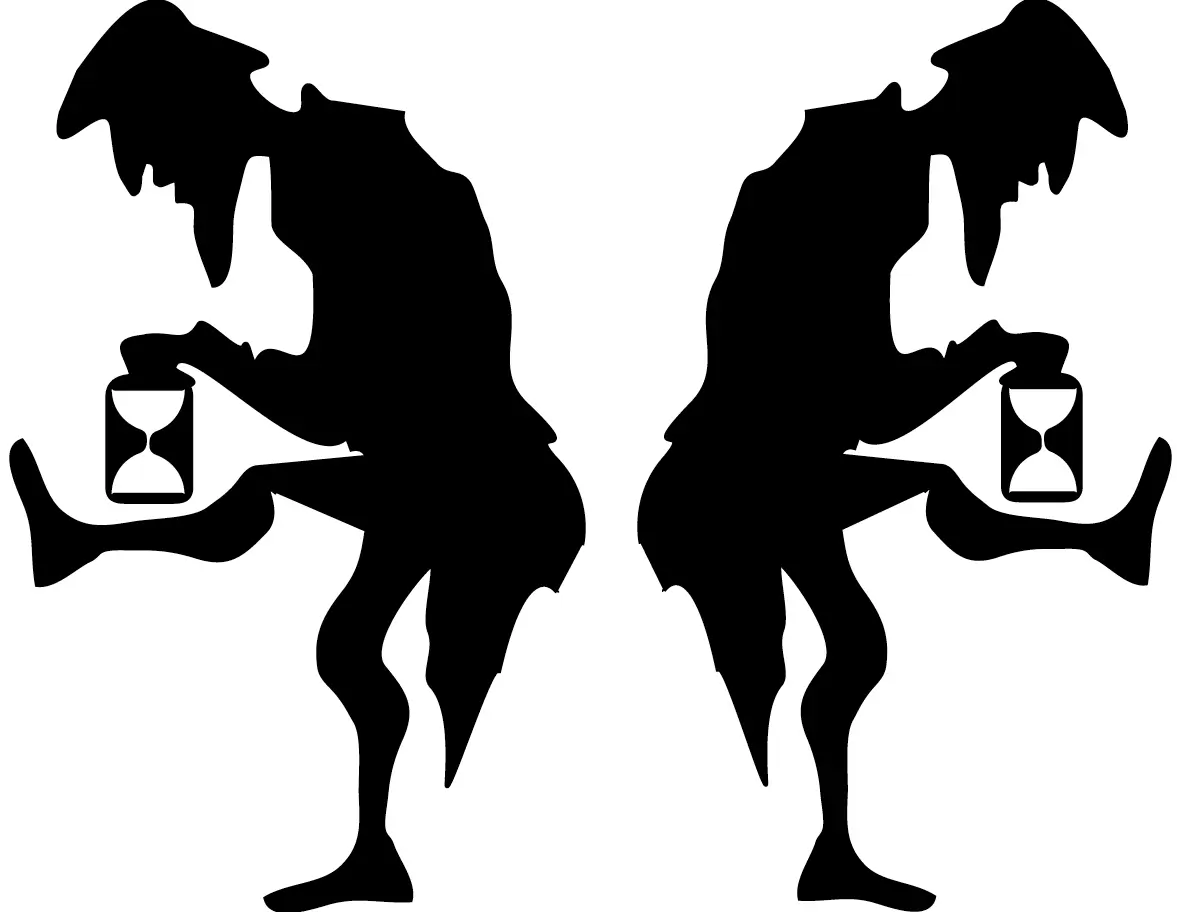Victors Shape Clever Perspective History
The Power Of Perspective In History
History, as we know it, is often a tapestry woven by those who have emerged victorious and writen by the victors. The narratives that fill our textbooks and echo through our collective consciousness are, more often than not, crafted by the winners of wars, the conquerors of lands, and the dominant cultures of bygone eras.

The Concept of Historical Bias
The phrase “history is written by the victors” suggests that the narratives we accept as historical truths are subject to bias. Victorious groups or nations have the power to record events in a manner that highlights their achievements and justifies their actions. This selective storytelling can lead to the marginalization or complete erasure of the perspectives and experiences of the defeated.

Examples from History
Ancient Rome and Carthage
The Punic Wars between Rome and Carthage ended with the complete destruction of Carthage. The Romans, the victors, wrote the history of these conflicts, painting Carthage in a negative light and justifying their own expansionist policies. The Carthaginian perspective is largely absent from historical records, leading to a one-sided view of these significant events.
Colonialism
European colonization of Africa, Asia, and the Americas resulted in the subjugation of indigenous cultures and the rewriting of their histories. Colonial powers documented their conquests as noble missions of “civilizing” the native populations, often omitting the brutal realities of exploitation, violence, and cultural destruction faced by those they colonized.
World War II
The narrative of World War II is largely shaped by the Allied powers who emerged victorious. While the atrocities committed by the Axis powers are well-documented and widely condemned, the more controversial actions of the Allies, such as the bombings of Hiroshima and Nagasaki, are often justified or downplayed in Western historiography.

Australian History
Australia’s history is also shaped by the lens of the victors. The arrival of British colonizers in 1788 marked the beginning of a new narrative for the continent, one that often overshadowed and marginalized the rich and diverse histories of its Indigenous peoples. For over 60,000 years, Australia’s Indigenous communities had thrived, developing complex cultures, languages, and connections to the land.
When the British claimed Australia as terra nullius, or “nobody’s land,” they ignored the existence and sovereignty of the Indigenous populations for strategic reasons. This notion justified the seizure of land and resources, leading to widespread displacement, violence, and cultural erosion among Indigenous communities.
The history taught in Australian schools for many years focused primarily on the achievements of British settlers and their descendants, often overlooking the profound impact of colonization on Indigenous Australians. It is a complicated issue and understandable points from boths sides but both sides need a say & Australia needs a full history and no a perspective history as hard as it may be for some people to adapt to or take.
In recent decades, there has been a growing movement to recognize and incorporate Indigenous perspectives into the broader Australian historical narrative. Efforts to acknowledge events such as the Frontier Wars, which were conflicts between Indigenous Australians and European settlers, and to celebrate Indigenous achievements and contributions, aim to create a more balanced and inclusive understanding of Australia’s past. All history bad or good makes us who we are today but politics and perspective does add ideas on how we think or see.
The Role of Modern Historians
Today’s historians strive to provide a more balanced view of the past by incorporating multiple perspectives and voices. The rise of social history, which focuses on the experiences of ordinary people, and the inclusion of previously marginalized groups, such as women, Indigenous populations, and minorities, help to create a more nuanced understanding of historical events.

The Importance of Critical Thinking
As consumers of historical narratives, it is crucial to approach history with a critical mind. By questioning the sources of our information and considering the context in which they were created, we can better understand the biases that may be present. This awareness allows us to appreciate the complexity of history and recognize the importance of multiple perspectives in shaping a more accurate and inclusive account of the past.
Conclusion
While history may often be written by the victors, it is the duty of modern historians and readers alike to seek out and amplify the voices of the silenced. By doing so, we can work towards a more complete and truthful understanding of our shared history, acknowledging both the triumphs and the tragedies that have shaped the world we live in today.
How History Is Shaped By The Victors – Photos By Mike Fernandes
Join the Discussion
The way we perceive history is deeply influenced by who tells the story. As we’ve explored, the narratives written by the victors often overshadow the voices and experiences of the defeated.
How do you think the concept of “history is written by the victors” has shaped our understanding of specific historical events?
Have you encountered any examples where the historical narrative has been challenged or rewritten to include previously marginalized perspectives?
What steps can we take to ensure a more inclusive and accurate representation of history in our education systems?
How does acknowledging the biases in historical narratives change our view of the past and our approach to the present and future?








This design is steller! You most certainly know how to keep a reader entertained. Between your wit and your videos, I was almost moved to start my own blog (well, almost…HaHa!) Excellent job. I really loved what you had to say, and more than that, how you presented it. Too cool!